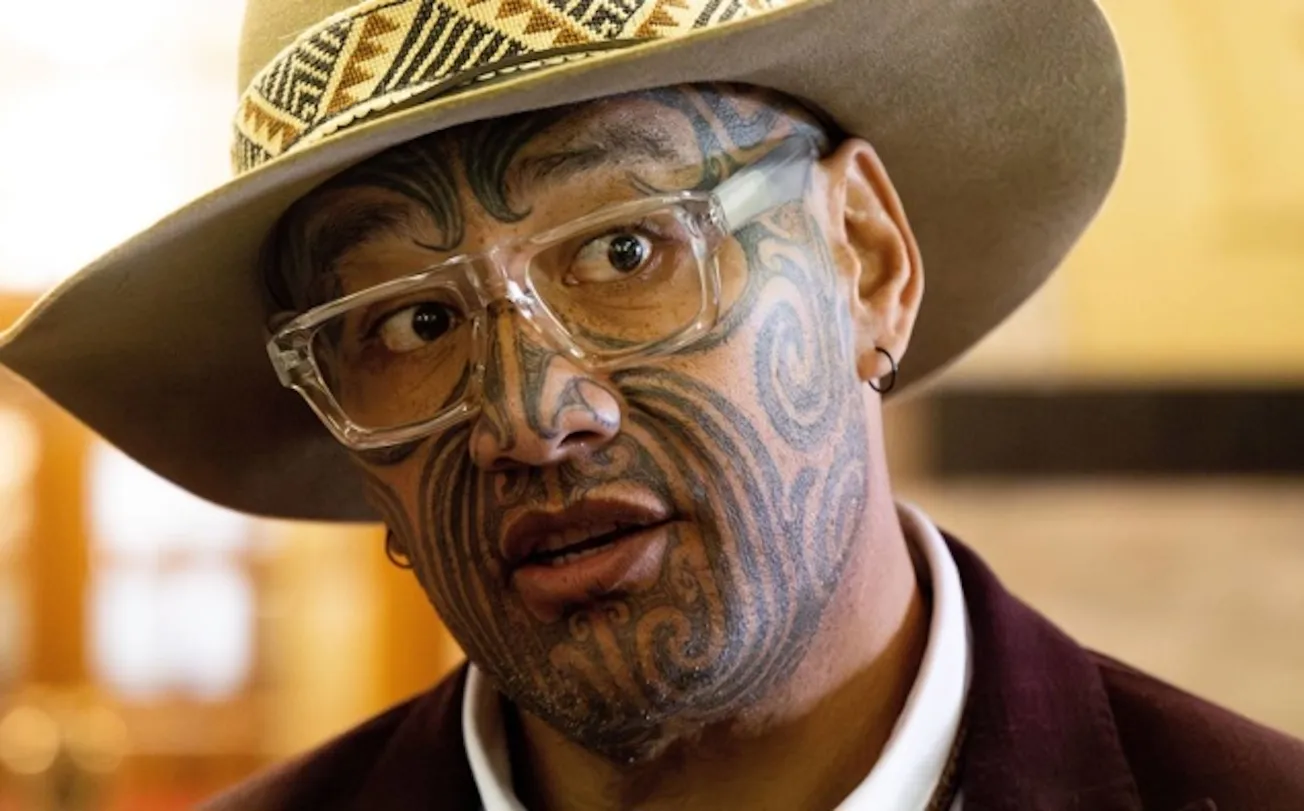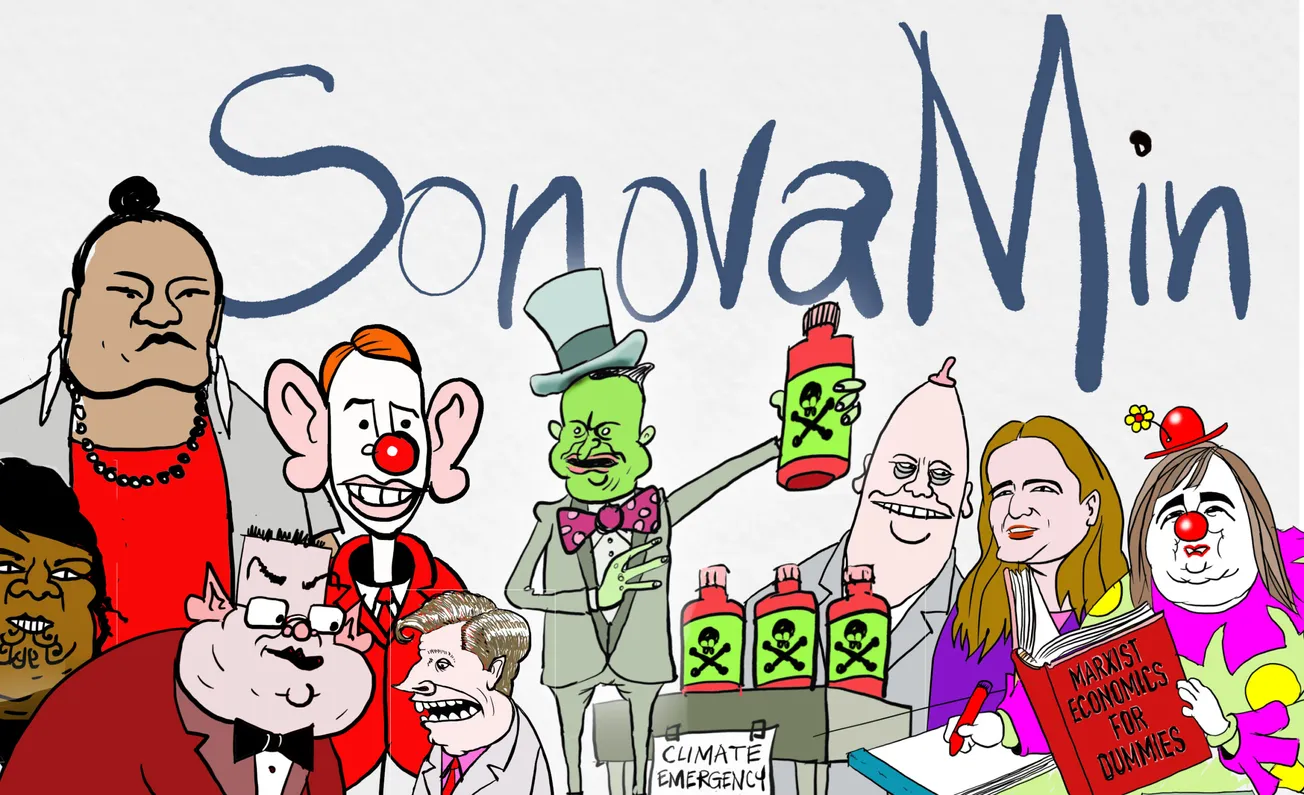Table of Contents
No, let’s (not) talk about sex, baby (as sung by Salt-N-Pepa). Let’s talk about cosy three-party coalition deals after the 14 October election.
And Mr Luxon better take heed of what the polls are revealing. I was not surprised by one, largely overlooked, aspect of the polling for the Post by the Freshwater Strategy, who interviewed 1,511 eligible voters in New Zealand, aged 18+, online, between August 28–30, with a margin of error of approximately +/- three per cent.
Key new information revealed in Freshwater Strategy’s poll was which bloc, the left or the right, and how many parties, the public preferred to form a government. It is interesting the rest of the media have not picked up on this. Or maybe not surprising?
It was a timely question, given, based on the outcome of this poll, a three-party coalition would be crucial for one side being able to form a government. Once again, as in all the recent polling, the cards are falling in favour of the right.
The National Party would be left in the unfortunate position of being only able to form a government with the addition of NZ First, whose seven seats would give them a total of 67. Fortunately for them, Peters would not be in as powerful a position as his 2017 kingmaker one; even with his seats added, the left do not reach the threshold. However, he still would have the power to make demands of National and ACT.
Hipkins has categorically ruled Peters out, but never mind about that. In desperation he is showing himself to be ‘flexible’, and probably anyone’s, to retain power.
Tova O’Brien explains in her commentary in the Post:
Hipkins also faces some risk in Labour’s potential coalition arrangements. Labour-Greens partnering with Te Pati Maori lose more support than National-ACT does partnering with NZ First.
Asked about outcomes, 47% said they would prefer a National/ACT coalition – and that fell to 46% when NZ First was added to the mix.
Of a Labour-Greens led-government, 40 % said that was their preference – but that slid five points when Te Pati Maori was included.
Tova clearly could not bring herself to spell it out:
The numbers show a National-ACT preferred coalition, seven points ahead of a Labour-Greens, on 47 per cent. And the gap widens when the Maori party is added to the left block, dropping five per cent to 35 per cent. However, when NZ First is added to National and ACT, there is only a one per cent drop in support: giving 11 per cent more support for a right-wing three-party coalition government.
Voters clearly do not see Peters as the big bad wolf as many portray him. The Maori Party, with their radical policies and negative rhetoric, clearly have scared voters.
I don’t like to say ‘I told you so’, but in my last opinion piece I predicted NZ First could become an obstacle to the right-wing’s two-party coalition preference. However we are not there yet and most polls show a (likely) two-party right-wing coalition without Peters. Never say never and never say always is a good mantra to live by.
Despite Jason Walls’s expressed outrage at Luxon’s refusal to rule Peters in or out, I believe Luxon’s strategy is the right one, although, in the very latest August Curia poll, National, still stubbornly at 35 per cent (eight per cent ahead of Labour), is able to form a government with ACT with a 64-seat majority, and Luxon is even with Hipkins on 25 per cent for PM popularity.
Curiously Jason Walls, when reporting on the poll, omitted the key points and got bogged down in Hipkins’s ‘net favourability rate’ (like Grant poring over financial reports late at night for a positive morsel to massage for the media).
The voting public is a fickle beast, and if Luxon rules Peters out they might flock to him out of pure bloody mindedness. With National’s stubborn mid to low 30s figures, a Plan B must be in National’s minds.
Peters, a fearless and effective communicator, articulates the things National find distasteful, speaking eloquently on our race issue, and his ‘No Men in Women’s spaces or sports’ policy gives a voice to thousands of women fearful that their safety and rights are not guaranteed anymore. That is where he is gaining the votes as National refuses to state their position.
It will be easier for Luxon to phone Peters on election night with no animosity between them, which will not be the case if Luxon takes Walls’s advice and rules him out. He will look more statesmanlike from the outset.
Seymour, on the other hand, after his display of petulance over Peters, would have to get down from his high horse, swallow his pride and play nice.








